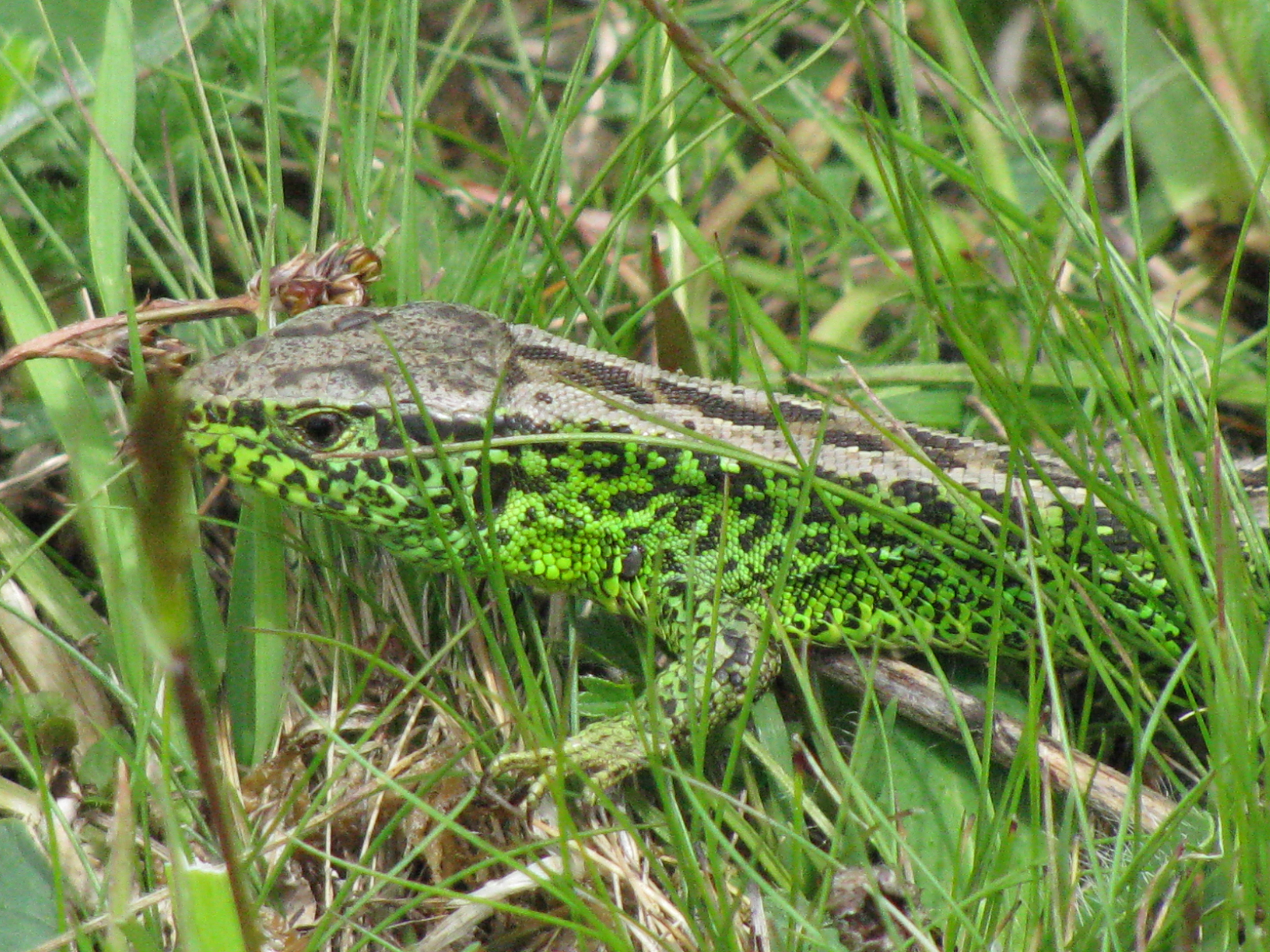This Project is now closed
Technical Assistance for Design and Supervision of works contracts - Environmental and Social Management
| Country | Namibia |
|---|---|
| Sectors | Not specified |
| Status | Framework |
| CV Deadline | 2024-06-17 (Closed Project) |
| Background | In Namibia, the Government is committed to stimulating economic growth, reducing poverty and income inequalities and improving the living standards of its people to the level of a developed country by 2030. However, over 70% of the population is still dependent on agriculture either directly or indirectly. Consequently, potential employment creation is embedded in the agricultural sector, but is yet to be unlocked. The agriculture sector and the livestock subsector in particular remain underdeveloped. For example, the lack of proper infrastructure to control livestock movements poses a constant risk of importing animal diseases from infected areas. This caused additional restrictions to the movement and trade of livestock throughout the Northern Communal Areas (NCAs), with additional dampening effects on the whole value chain. Therefore, the marketing of livestock and livestock products in the NCA continues to be hampered by the presence of Transboundary Animal Diseases (TADs), like Foot and Mouth Disease (FMD), Contagious Bovine Pleuropneumonia (CBPP) and others. Consequently, in order to enhance the management of disease control and eradication strategies in the Northern Communal Areas, livestock movement across the borders with Angola needs to be closely monitored. In terms of the protocol on cross border livestock movements agreed upon with the Angolan Veterinary Authorities, it must include inspection, vaccination and quarantining of livestock crossing the border in order to allow for disease detection and to prevent disease spread. Hence, it is necessary to build infrastructure along the northern border to enable livestock containment, testing and isolation. The Ministry will construct new veterinary offices and animal handling infrastructure by the border between Angola and Namibia to ensure efficient and effective control. Infrastructure development in the livestock sector has been taking place steadily. In an effort to boost commercial farming, the Ministry will establish feedlots and fodder production sites in order to provide the much-needed infrastructure which can assist in procuring weaners from farmers for fattening and, thus, market them. Importantly, the construction of meat processing facilities will further enhance the value chain for the livestock farmers in the NCA while the construction of feedlots will complement the objective of quarantining animals while they are being prepared for the markets. |
| Objectives | ➢ Global objective The global objective of the project of which this contract will be a part is to promote the entrepreneurship and enhance the livelihood of Northern Communal Areas' livestock farming communities in a sustainable way. ➢ Specific objective The specific objective is to improve the performance of the livestock value chain in the Northern Communal areas, namely by improving livestock production systems and resilience to climate change |
| Terms of Reference | Download |
Project Position
| Position | Environmental and Social Management Specialist - Cat. II (>6 years of experience) |
|---|---|
| Activities | Undertake studies for specific Environmental and social management plan (ESMP) and ensure that environmental, social, health and safety (ESHS) considerations in line with national requirements. The ESMP must set out an action plan with wide range of environmental and social management measures including implementation strategies such as avoidance, minimization, offsetting or compensation of adverse environmental and social impacts to ensure compliance with national and Bank’s Integrated Safeguards Standards (ISS). Include the integrated time schedule and budget for its implementation. Facilitate the clearance of the ESMPs and necessary approvals with the Department of Environmental Affairs in the Ministry of Environment, Forestry and Tourism. Prepare the Environmental and Social Management Report (ESMR). |
| Qualification | Completed higher education academic level studies of at least three (3) years, attested by a diploma. In its absence 5 years of equivalent professional experience. |
| Required Experience | General professional experience: at least six (6) years of experience in rural infrastructures. Specific professional experience: the expert should have worked in at least three (3) rural infrastructure projects. |
| Estimated Manpower | To be determined |
| Mission Begin | September 2024 |
| Mission End | December 2026 |
| Contact | Pierre Van der Vaeren |

